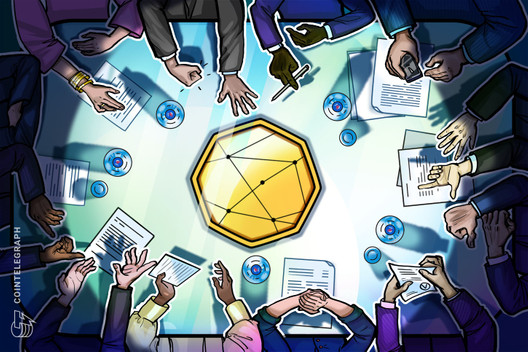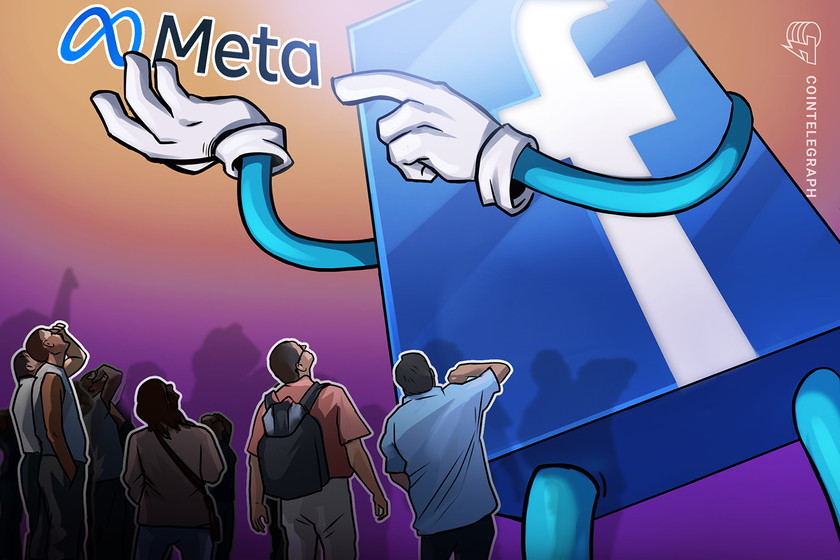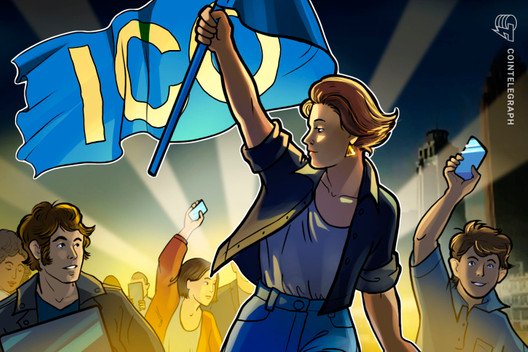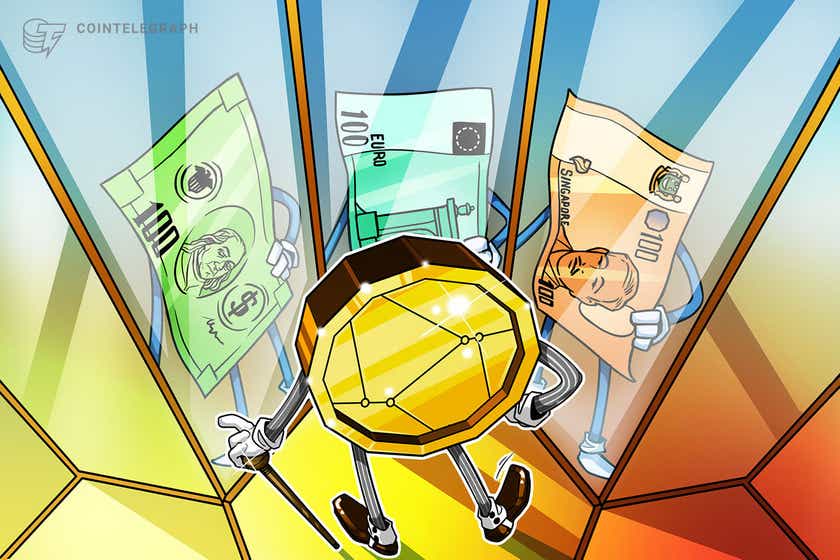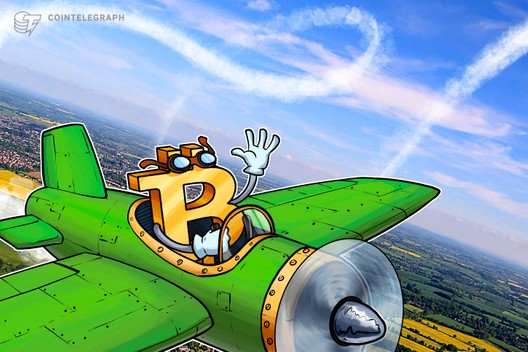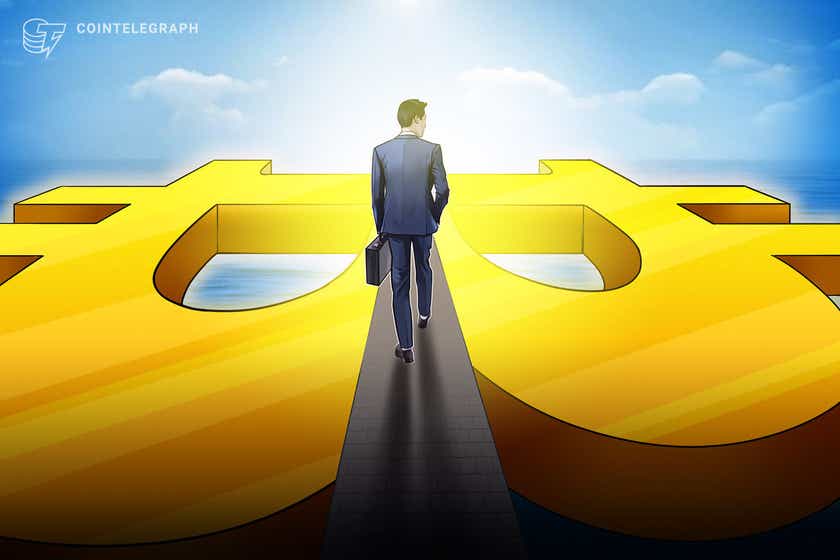Metaverse fractional ownership to form similarly to property loans: Casper exec
Ralf Kubli said that smart contracts can create fractionalization agreements and divide plots of metaverse land that can be leased out individually.
334 Total views
22 Total shares

As metaverse land assets become more expensive, ownership becomes harder for normal users. Because of this, Ralf Kubli, Board Member at the Casper Association, argues that fractional ownership, similar to property loans in the real world, may gain traction within the virtual space through nonfungible tokens (NFTs).
Kubli told Cointelegraph that understanding fractional ownership within the metaverse is very similar to the legacy property system. As prices soar, many cannot afford to buy and own properties. This leads to people renting or leasing property, giving a form of fractional ownership. He explained that:
“Instead of the typical renter-buyer relationship and processes inherent to the legacy system, smart contracts and virtual assets such as NFTs are what powers this fractional ownership system.”
The Casper exec adds that this also applies to “leasing advertising space or issuing debt to fund new projects.” According to Kubli, smart contracts enable a “fractionalization agreement” that divides a plot of metaverse land into “sub-units” and leased out individually. Kubli noted that:
“In theory, this can be applied to any digital asset, providing that the smart contracts and associated technologies are designed for this purpose.”
Kubli also highlighted that while there are many bigger developments within the metaverse, there will also be “countless smaller operations.” These may come in the form of art galleries and social media hubs. According to Kubli, these operators will need access to virtual real estate to begin building.
Related: Can Metaverse technology enhance human-AI efficiency?
Apart from these, the Casper executive predicts that leasing metaverse land will become common. Kubli mentioned that this will “open the door” for broader adoption, allowing anybody to get involved. The executive believes this may lead to an “explosion of unique content” similar to the start of Web1 and Web2.
Meanwhile, as the crypto winter shakes the markets, investor interest in GameFi and metaverse projects continue to grow, according to a DappRadar report. In 2022, $4.9 billion worth of investments have come into metaverse-related projects to support further developments.


